James Joyce and the Politics of Egoism
In James Joyce and the Politics of Egoism, first published in 2001, a leading scholar approaches the entire Joycean canon through the concept of 'egoism'. This concept, Jean-Michel Rabaté argues, runs throughout Joyce's work, and involves and incorporates its opposite, 'hospitality', a term Rabaté understands as meaning an ethical and linguistic opening to 'the other'. For Rabaté both concepts emerge from the fact that Joyce published crucial texts in the London based review The Egoist and later moved on to forge strong ties with the international Paris avant-garde. Rabaté examines the theoretical debates surrounding these connections, linking Joyce's engagement with Irish politics with the aesthetic aspects of his texts. Through egoism, he shows, Joyce defined a literary sensibility founded on negation; through hospitality, Joyce postulated the creation of a new, utopian readership. Rabaté explores Joyce's complex negotiation between these two poles in a study of interest to all Joyceans and scholars of modernism.
{{comment.content}}
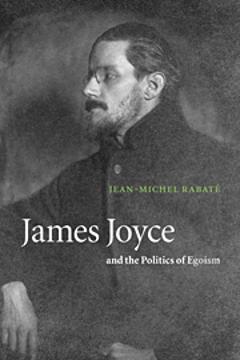
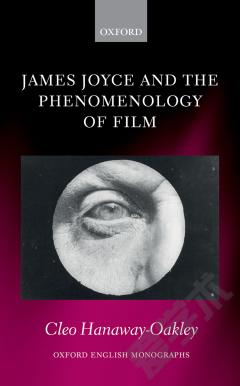
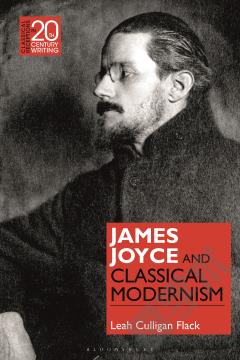
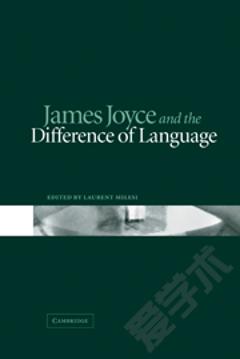
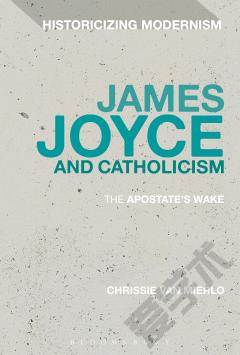
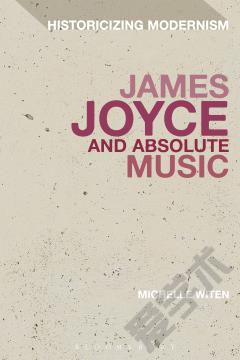
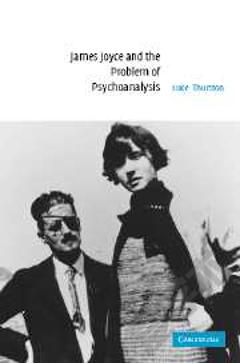

 京公网安备 11010802027623号
京公网安备 11010802027623号